From July 1, 2025, the new Ho Chi Minh City - where the three most dynamic economic poles of the country converge - will become a "super city", the leading financial, high-tech industrial and maritime economic center of the country today.
The new governance model, as directed by General Secretary To Lam, must be “stronger than the provincial level, more flexible than the regional level,” capable of running a tripolar megacity in the era of global integration and competition.
From here, building a modern administration is no longer an option but an inevitable requirement, the key to effectively operating the two-level local government apparatus in the "super city", bringing many benefits to people and businesses.
Operation and human resources problems
Building a digital government is a strategic solution to help compensate for the shortage of human resources with smart tools, centralized data, and solve the problem of human resources at the grassroots level.
In the context of overloaded workload and "both surplus and shortage" of professional human resources, communes and wards in Ho Chi Minh City have made efforts with many creative solutions and approaches to effectively solve assigned tasks, bringing satisfaction to people and businesses.
Saigon Ward - the heart of Ho Chi Minh City has initially achieved success in creating the image of a friendly, professional and modern government, taking the satisfaction of people and businesses as a measure to evaluate the effectiveness of service quality. To reduce pressure on officials and civil servants, the ward advocates promoting online public services, effectively operating the State management apparatus on cyberspace.
Mr. Bui Truong Giang, Deputy Director of the Saigon Ward Public Administration Service Center, said that in response to the peak emulation movement "100 days of streamlined - strong - efficient, effective and efficient operations," the ward has implemented 5 projects; of which 3 projects are associated with the construction of digital government, including: 85% of online administrative records; 10 certified copies - 15 minutes to return and instructions for "issuing individual housing construction permits" online.
“After 100 days of implementation, the emulation projects have brought unexpected results with 93.37% of online registration rate, striving to reach 100% by the end of 2025. Of which, 50% of administrative records are submitted at home, bringing practical convenience to people, saving costs and time; at the same time, improving satisfaction and experience of online public services for people. From there, it contributes significantly to building the image of a professional, efficient and modern administrative system,” Mr. Bui Truong Giang shared.
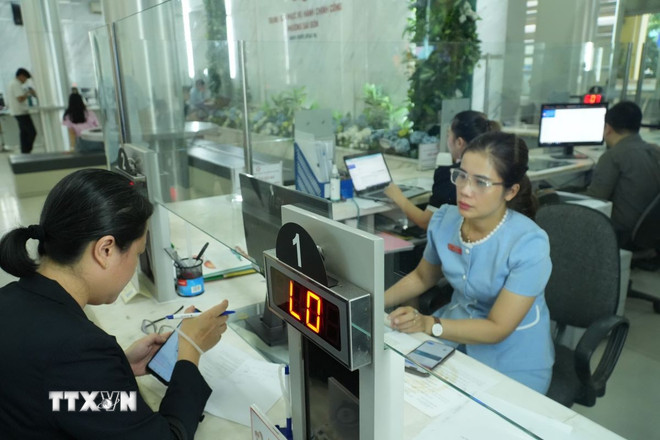
Similarly, Thu Duc ward is also recognized as one of the localities that effectively operates the 2-level local government apparatus thanks to breakthroughs in building a modern, professional government to serve the people. The work of handling administrative procedures in the area is seriously and effectively implemented with 99.9% of records being resolved before the deadline; contributing to improving people's satisfaction with government agencies.
Mr. Mai Huu Quyet, Secretary of the Thu Duc Ward Party Committee, said that from the very first days of operating the two-level local government, the ward has applied two robots to support and guide people in performing administrative procedures; contributing to reducing the workload for the staff and civil servants at the ward's Public Administration Service Center.
This is a breakthrough in applying modern technology to administrative work, demonstrating a strong spirit of reform, aiming to build a professional, modern and service-oriented administration.
Recorded in Ba Diem commune - one of 4 localities with a population of over 200,000 people in Ho Chi Minh City, the rate of online public service registration reached nearly 100%. 100% of civil servants processed, stored and digitized records in the digital environment.
According to Ms. Tran Thuy Huong, Vice Chairwoman of the People's Committee of Ba Diem commune, the work of building digital government is one of the important pillars of the locality; contributing to solving difficulties when the workload increased 10 times compared to before, while "compensating" for the shortage of specialized personnel in important fields.
Optimizing technology platforms
For the two-tier local government model to operate effectively, Ho Chi Minh City's fundamental solution is to build a common "digital operating system", a solid and synchronous technological architecture framework. Without this foundation, each ward and commune will spontaneously build fragmented systems, leading to waste, incompatibility and creating new digital barriers, going against the goal of streamlining the apparatus.
From July 1, the City has agreed to use 5 shared digital platforms including: Online video conferencing system, Document management and direction system, Administrative procedure information system, System for receiving and handling people's feedback and recommendations (1022) and Official email system.
Ms. Vo Thi Trung Trinh, Director of the Ho Chi Minh City Digital Transformation Center, said that the City's online conference system has been deployed, connecting synchronously from central agencies, the Government, ministries, central branches to 168 communes, wards and special zones.
Currently, the Digital Transformation Center is coordinating with the Office of the City People's Committee to establish a two-level local government management system, based on reflecting actual numbers from information on receiving records, processing records, and handling feedback and recommendations. Applications serving the two-level local government system are being urgently completed.
According to Ms. Vo Thi Trung Trinh, when operating a large model with many systems, it takes time to ensure stability, as well as for officials and civil servants to perfect features and adapt to the new system. To overcome this, the City Digital Transformation Center has adopted solutions to both train and support units to deploy and operate the apparatus smoothly.
Evaluating the effectiveness of Ho Chi Minh City's digital transformation model, Dr. Tran Quy, Director of the Vietnam Institute for Digital Economic Development, said that Ho Chi Minh City's document and administration management systems, online conferences and Portal 1022 have created a unified digital workspace, helping administrative orders to be communicated instantly.
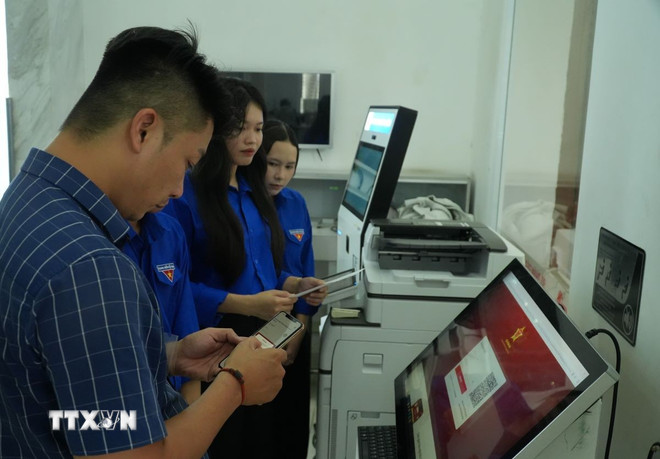
More importantly, these systems accumulate big data about the “pulse” of the city; thereby allowing leaders to analyze, forecast and coordinate resources proactively instead of reacting passively to incidents.
In early October 2025, Ho Chi Minh City piloted the first phase of the Digital Government Management Platform for leaders of departments, branches and sectors. This is a platform that supports officials and civil servants to access unified processes, documents and working tools quickly and effectively.
According to Vice Chairman of the Ho Chi Minh City People's Committee Nguyen Manh Cuong, the implementation of the digital government management platform is one of the tasks to concretize Resolution No. 57-NQ/TW, dated December 22, 2024 of the Politburo on "breakthrough in science and technology development, innovation and national digital transformation", demonstrating the City's determination in building a digital government. The digital government management platform will contribute to changing working methods and awareness, standardizing processes, reducing paperwork, creating a more professional, transparent and dynamic working environment for officials and civil servants.
In addition, the City is drastically reviewing the information technology infrastructure in 168 communes, wards and special zones to make synchronous investments, meeting the requirements for smooth access to the City's shared digital applications and platforms, ensuring that it does not affect the handling of work and documents for people and businesses.
Mr. Nguyen Tan Phong, Deputy Director of the Ho Chi Minh City Department of Home Affairs, said that in order to optimize technology platforms and reduce the workload for grassroots staff, the City is continuing to coordinate with ministries and branches to promptly fix errors on the National Public Service Portal. At the same time, localities connect and integrate specialized software of the Central Government with the City's administrative procedure information system; contributing to bringing practical efficiency in processing online administrative records to serve the people./.
Source: https://www.vietnamplus.vn/chinh-quyen-so-chia-khoa-van-hanh-sieu-do-thi-o-thanh-pho-ho-chi-minh-post1070149.vnp








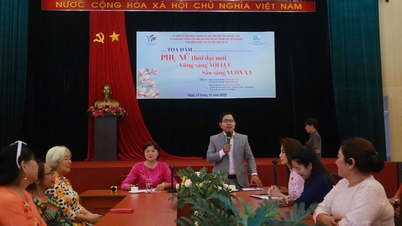

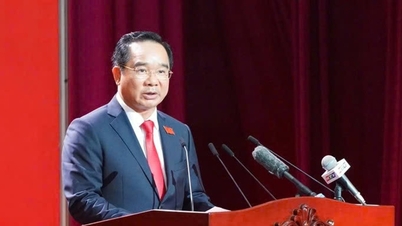

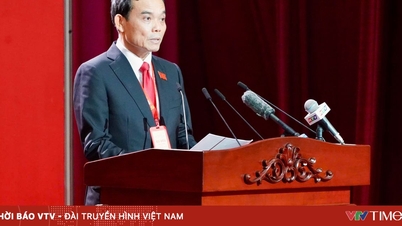

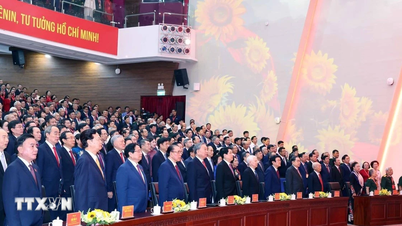

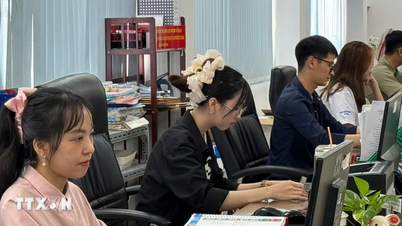







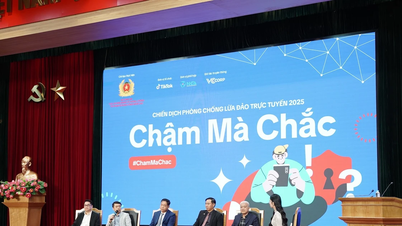





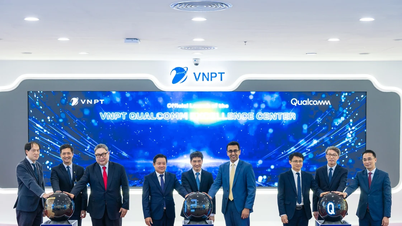



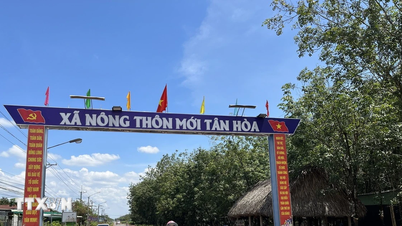














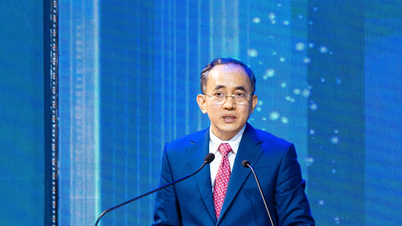










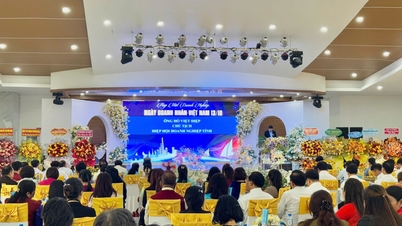


















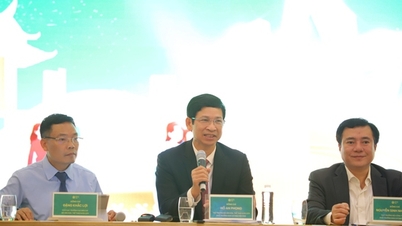

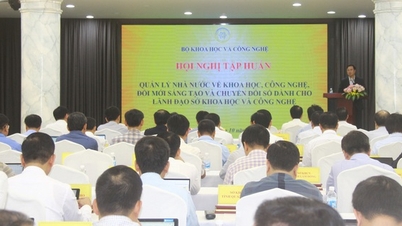



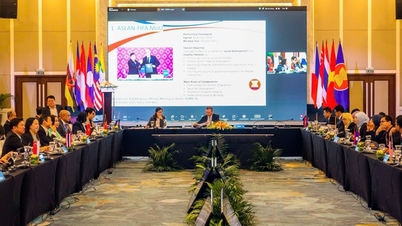
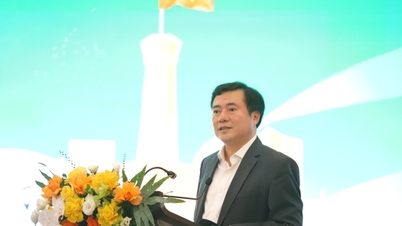



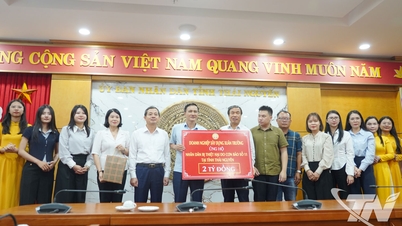

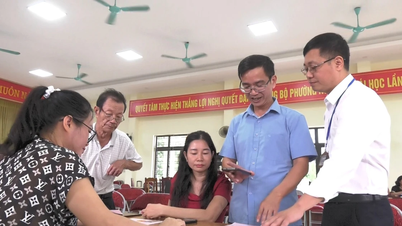

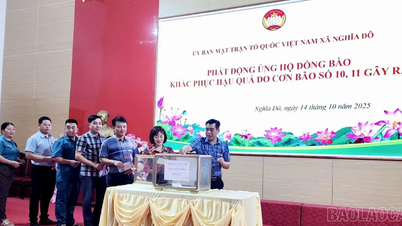
















Comment (0)